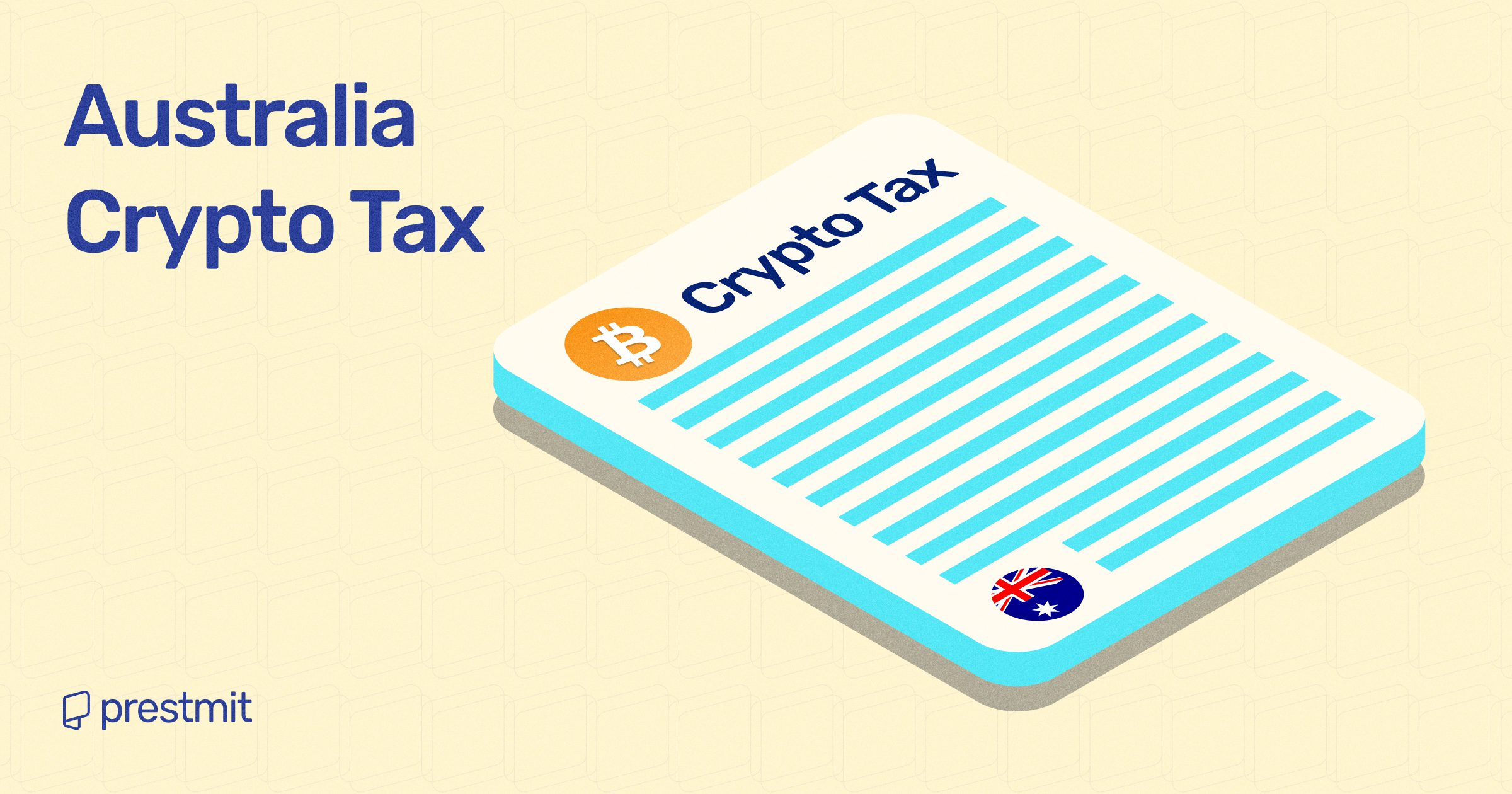The wide adoption of crypto assets for trade or investment continues to give room for governments of some countries to treat them as taxable assets that must also be regulated. This is owed to the potential of crypto trading as one of the best ways to make money online, and these are also risky assets because they are largely decentralized. So, if you are a crypto trader or investor, you need to know the crypto tax and regulations in Australia.
Overview Of Crypto Tax In Australia

The Australian Taxation Office (ATO) treats crypto assets as property for tax purposes, which is similar to the narrative around the crypto tax in Canada. This means individuals and business entities must pay capital gains tax on crypto transactions, depending on the profits made.
Cryptocurrency is subject to capital gains and ordinary income in Australia. Capital gain tax occurs when you dispose of your crypto assets to make profits or losses. For instance, when you sell Bitcoin or other crypto assets for fiat currency or digital assets. Ordinary income tax is when you earn cryptocurrency from staking rewards, airdrops, etc.
It is essential to work out your capital gain or capital loss to determine how much capital gains tax (CGT) you must pay. This will be followed by reporting your gains and losses in your Income Tax Return and paying income tax on net profits.
The ATO considers crypto disposal a “CGT Event,” but the “disposal” does not mean the sale of your crypto assets. Crypto disposal in Australia includes:
- Trading, exchanging, or swapping a crypto asset for another.
- Converting a crypto asset to Australian dollar or foreign currencies.
- Gifting a crypto asset.
- Buying products or services with a crypto asset.
Meanwhile, crypto transactions are also subject to goods and services tax (GST) in some instances. Therefore, if you use cryptocurrency as a payment method for goods and services, it is considered part of your taxable income. This must be declared on your tax return at its Australian dollar value when you receive it.
You must also know that crypto mining is a taxable activity, and the mined coins are subject to taxation.
Crypto Tax Rates In Australia
The following are Australia’s tax rates for the 2023-2014 financial year:
- 0% tax rate on taxable income between $0 – $18,200.
- 19% tax rate on taxable income between $118,201 – $45,000.
- 32.5% tax rate on taxable income between $45,001 – $120,000.
- 37% tax rate on taxable income between $120,001 – $180,000.
- 45% tax rate on taxable income for over $180,000.
Note: The income earned from disposing of your crypto asset held longer than 12 months is eligible for a 50% discount. Only half of your capital gain will be considered taxable income.
How To Avoid Crypto Tax In Australia
Some strategies can enable you to legally avoid crypto taxes. For instance, you can use a tax-loss selling mechanism to avoid taxes in Australia. This is the practice of intentionally selling your crypto asset at a loss for tax purposes.
Your net capital loss can be carried forward into future tax years if higher than your net capital gain. However, it is important to know the wash sale rule before using the tax-loss selling method.
Understanding Crypto Regulations In Australia

Cryptocurrency is widely popular in Australia, with over 5% of its population are believed to be crypto assets. The propensity of the market for crypto scams, hacks, rug-pulls, or bankruptcy, resulting in huge losses for investors, has prompted many governments and digital asset market regulators across the world to take action to foster legislation to protect customers.
Australia has taken some approach in this light to take stringent measures. The Australian Securities and Investments Commission (ASIC) is the primary regulator of the corporate, markets, and consumer credit fields in the country. As such, it has specified that crypto assets form part of the exchange-traded products (ETPs), priced securities that trade during the day on a national stock exchange.
There are existing regulations for various crypto activities in Australia. These are:
- Crypto as an investment: The Australian government treats crypto assets as investments by subjecting them to capital gains tax (CGT). So traders and investors must keep track of all transactions in detail to confirm the eligibility of CGT.
- Crypto exchanges: The exchanges operating in Australia must register with the AUSTRAC and identify and verify their customers for know-your-customer (KYC) purposes. They must also maintain records and comply with the government AML/CFT requirements. An unregistered exchange may face criminal charges and financial sanctions if it does not meet registration requirements.
Frequently Asked Questions (FAQs) About Crypto Tax And Regulations In Australia
Does Australia Allow Crypto?
Cryptocurrency is legal in Australia, as it is treated as a taxable asset. But it is not allowed as a legal tender in the country.
Will I Pay Crypto Tax In Australia?
Yes, there is a crypto tax in Australia that mandates you to pay capital gains tax (CGT) anytime you dispose of your crypto asset. This can be through selling or swapping. You are also expected to tax during crypto mining.
How Do I Calculate My Crypto Tax In Australia?
You can calculate your crypto tax using the rates highlighted in the article. For instance, you will pay 19% tax rate on taxable income between $18,201 and $45,000.
Is Crypto Regulated In Australia?
Crypto is regulated in Australia as a taxable asset, and crypto exchanges must abide by the existing KYC/AML laws.
Conclusion
Australia enables you to trade with crypto and enjoy the decentralized nature of blockchain technology. But as these digital assets attract more traders and investors to the crypto market, Australia has imposed taxes on almost all crypto activities while making regulations to make the market safe for all players.
Therefore, it is important to know your tax rate for every crypto trading or investment you make before engaging in the venture in Australia.

